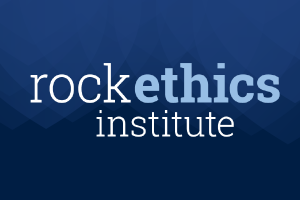Reproductive Justice Project
Reproductive Justice is an intersectional framework that combines the pursuits of reproductive rights and social justice. The framework expands upon the dominant discourse of reproductive rights that has long focused on women’s right to avoid compulsory motherhood, a political perspective that fails to acknowledge the extensive history of denying reproductive autonomy to marginalized and oppressed persons. In contrast, Reproductive Justice seeks to contextualize ‘choice’ in relation to race, class, colonialism, sexuality, and ability.
The Penn State Reproductive Justice Project (PSRJP), convened by Susanne Klausen, is an interdisciplinary hub for Penn State scholars at all levels who envision a world in which all people, regardless of their race, nationality, gender, class, sexual orientation, ability, and religion, can self-determine their reproductive and sexual lives free from discrimination, coercion, and violence. We aim to further knowledge about the ongoing effects of reproductive and sexual violence perpetuated during the process of colonization and colonial rule. We hope to produce research that addresses both historical as well as contemporary reproductive health services designed and funded to perpetuate the colonization of indigenous peoples’ and other marginalized people’s bodies.
Financial support from the REI assists in the development of PSRJP initiatives, which include:
1. Promoting scholarship by organizing workshops and conferences for faculty, students, and activists advancing Reproductive Justice at Penn State, in the United States, and internationally, with research outcomes in forms including special issues of journals, edited collections, podcasts, and documentary films.
2. Offering interdisciplinary undergraduate and graduate courses about national and international reproductive justice issues and struggles.
3. Developing a Study Abroad undergraduate course focusing on the legacy of colonialism on people’s reproductive and sexual lives.

